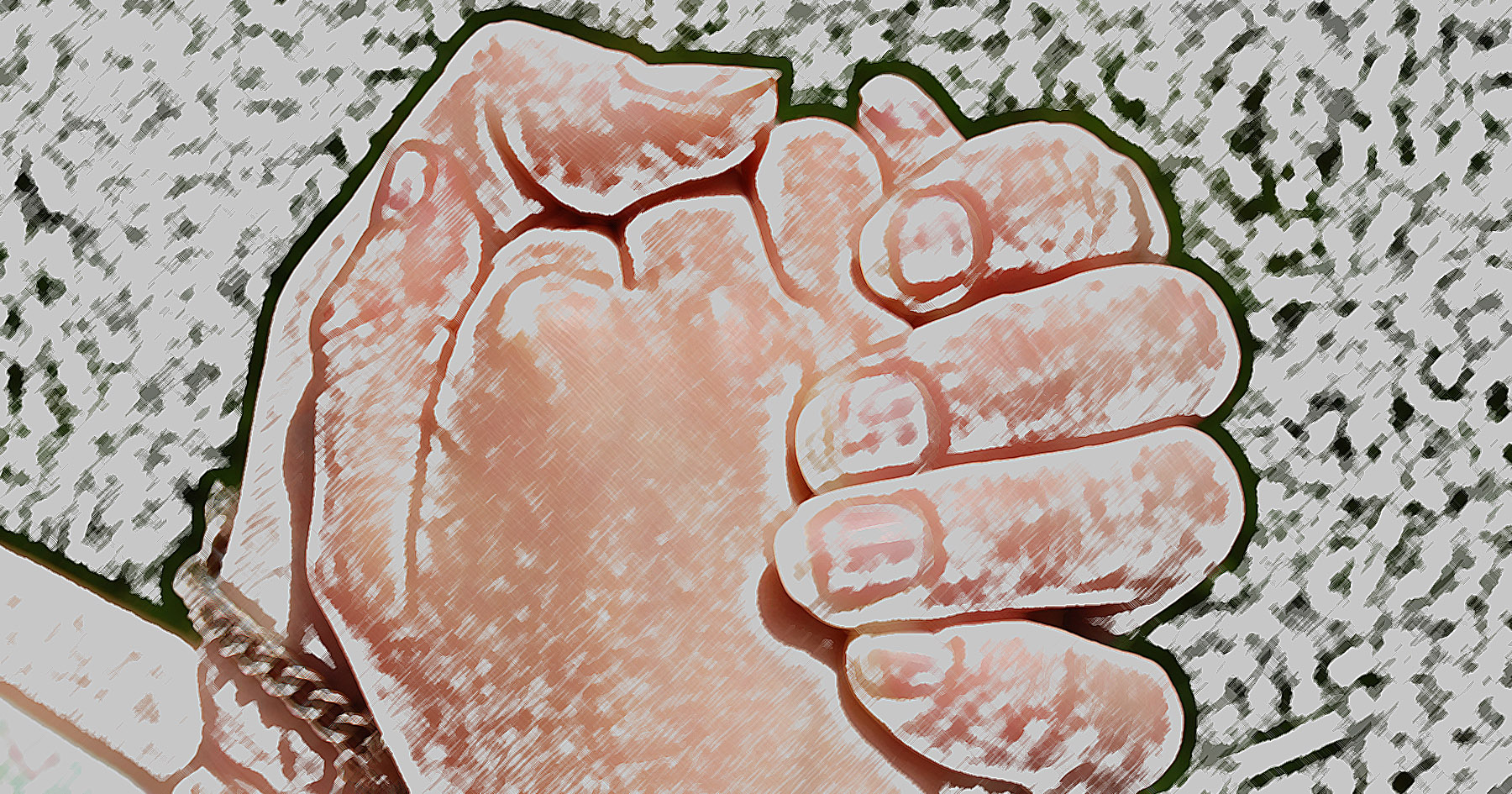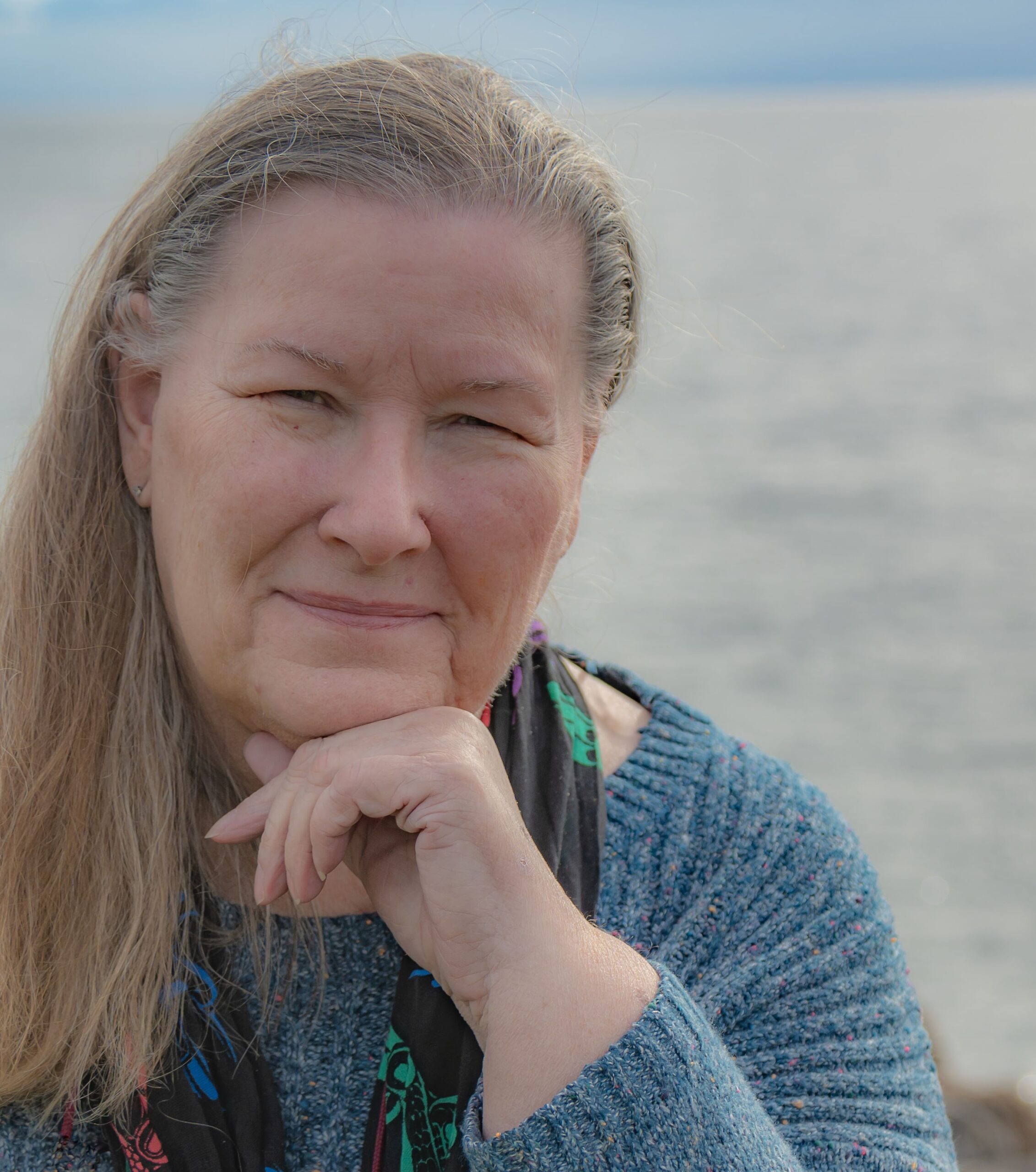We are still recovering from the pandemic closures of 2020 and afterwards. Thankfully, we can now return to in-person church services and gather with our fellow parishioners, and as well to have personal choices to wear a mask or not.
Some of us took this isolation in our stride, taking comfort in our home and family. Some of us already lived alone and were still able to connect with our friends by phone. Also, Zoom video conferences provided a new way to reach out to friends and family. We had food and other goods delivered to our door and tried to clean off any viruses before we brought them indoors. We were blessed by those who took care of our sick, delivered our supplies, and performed many other essential jobs during this uncertain period. Some of the adaptations have stayed with us and added to the options of how we get things done.
Some of us have returned to life as we knew it and some of us are still dealing with the trauma of managing abruptly changed lives.
Everyone experiences loss in life. We may feel sad about it and still are able to adapt. Some loss is traumatic — sudden and disorienting, severe and unrelenting. How any event affects us depends on our own perspective, life experience and personal faith. For example, some companies closed due to the pandemic. For some of their staff, it was an opportunity to make changes that they had already been thinking about. For others it was devastating.
We may think of grieving as a response to the death of someone close to us, and that is true. And grief is a normal — even healthy — response to any event that threatens our sense of safety, belonging, physical or emotional integrity when our personal world is turned upside down. Why healthy? Because we cycle through emotional processes from initial shock, through acknowledging the profound change that has occurred and the feelings that arise, through to finally integrating the loss and facing a new reality, challenging though that may be. Oddly enough, the current traumatic event can cause us to look back at old traumas that have rocked our world and integrate those feelings as well.
This is a huge task that can take years to resolve, so huge that it is rare to be able to successfully navigate the hills and valleys on our own. Even as we progress closer to integration and hope, we do cycle back to the pain of loss. Eventually we remember with more love than pain. Ultimately we need people — supportive friends and family, therapists who are trained in grief counseling, and our clergy who can provide solace in the wisdom of our faith.
We are advised by Health Canada that mental health issues have risen dramatically since the pandemic. Health awareness websites have abounded and Zoom conferences on stress, trauma and suicide prevention are increasing.
Now, more than ever, even though we are returning to in-person services, it is important to check in on parishioners who have not returned. Even if they haven’t asked for pastoral care, they may be struggling with illness, fatigue or depression as a result of the pandemic and from conditions pre-pandemic.
Our faith can be our rock, something to hold onto in the sea of tumultuous and unbidden change. God’s hands and feet are our faith community who can help us through the tough times in life and celebrate the joys along with us.




